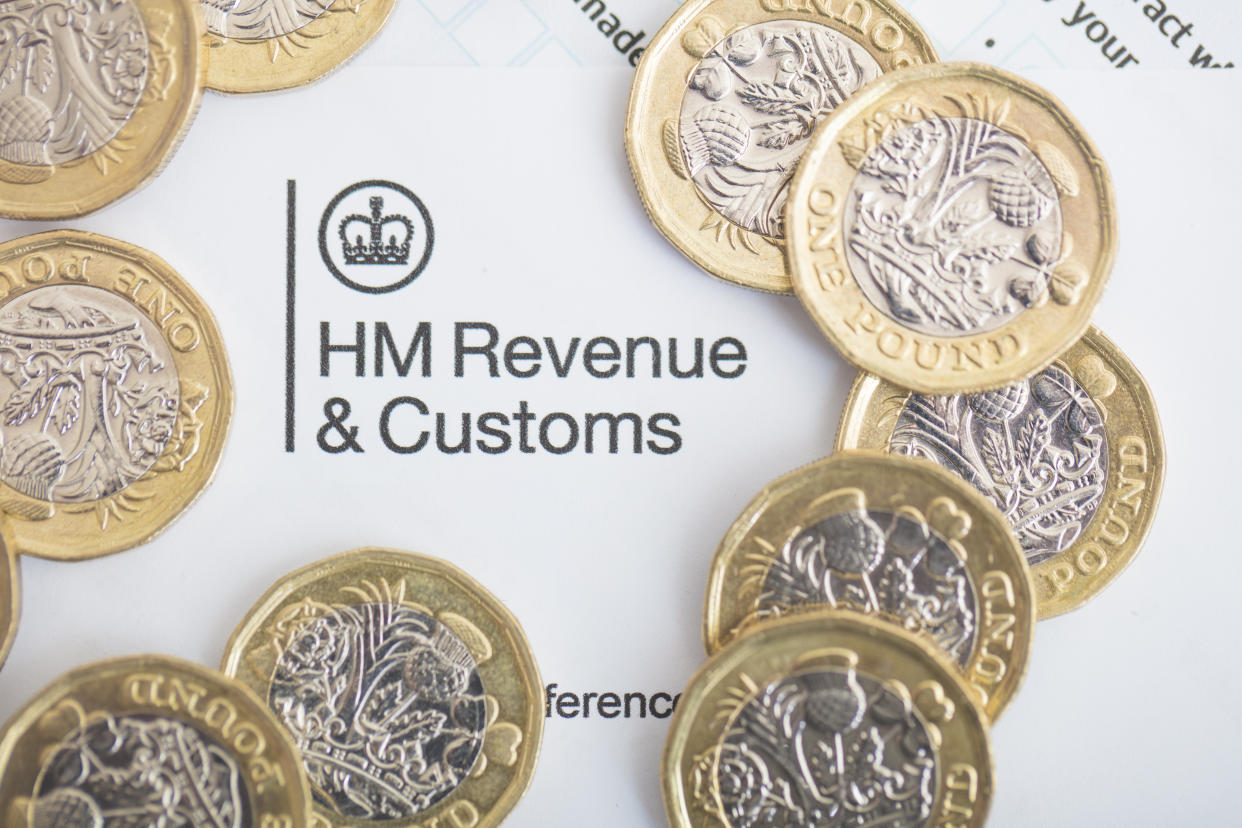Five ways to make doing your tax return easier

Nobody likes doing their tax return, but there are penalties to pay for leaving it too late.
Hundreds of thousands of tax returns are filed late each year, including by people who don’t actually owe any tax — meaning many risk a fine of at least £100, according to MoneySavingExpert.com.
Most UK taxpayers have their taxes deducted automatically from their wages, pensions or savings and so don't need to file a tax return. But around 11.5 million tax returns are due this year from individuals or businesses who haven't had tax automatically deducted — for example, if they are self-employed — or if they have earned extra untaxed income.
If you still need to file a return this year, it is time to get moving — the deadline for filing your tax return this year is 11.59pm on 31 January.
READ MORE: Why scrapping pointless meetings could boost productivity, creativity, and the economy
Unfortunately, it’s not always a fun process, particularly if you’re not one for paperwork. So here are five ways to make it slightly easier.
Check if you need to fill in a self-assessment tax return
You will need to do a tax return if:
You are self-employed and your income is more than £1,000.
Your income was more than £50,000, and you or your partner claimed child benefit.
You earned more than £2,500 from renting out property, or from other untaxed income such as tips or commission.
You earned more than £100,000 in taxable income.
You earned £10,000 or more before tax from savings, investments, shares or dividends.
You earned income from abroad, or lived abroad and had a UK income.
You need to pay capital gains tax.
You received income from a trust.
Your state pension was more than your personal allowance and was your only source of income (unless you started getting your pension on or after 6 April 2016).
HMRC has told you that you didn't pay enough tax last year (and you haven't already paid up through your tax code or voluntary payments).
You filed a self-assessment tax return last year (even if you didn't owe any tax). You'll need to do this unless HMRC has already written to you to say you don't need to file one.
It’s also a good idea to check your tax code, too. You can do this on the Gov.uk website here.
READ MORE: What are the signs of an online shopping addiction?
Make sure you have all the relevant information to hand
Dig out all the bits of information and paper that you need to fill in your tax return, such as P60/P45/P11D, PAYE coding notices, and tax certificates for investments. If you are self-employed, you need your bank statements and invoices.
Give yourself enough time
It’s easier said than done, but giving yourself plenty of time to get your tax return done in time will save you a lot of stress at the end of January. It’s tempting to procrastinate, but you’ll regret it later. It may take a little longer than you think, particularly if you haven’t got all your invoices together in one place.
Do it online
If you submit your tax return online, your tax is calculated automatically. This means you'll know straight away how much you owe, if you do. You'll also get a faster repayment if HMRC owes you money. You can also save as you go, meaning you can come back to it later if you need to.
Get help
If you’re stuck, don’t struggle on alone and make mistakes. You can get help with your self assessment tax return from the TaxAid website, or find information about self assessment on Gov.uk and on the Low Incomes Tax Reform Group website. You can get help with your self assessment tax return from the TaxAid website.

